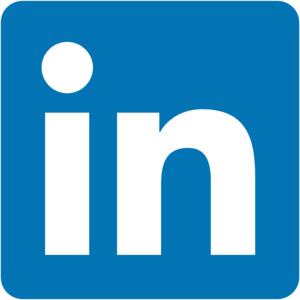Hey All
I recently have been in the market for a new employer after nearly 3 years with my current one. Historically I have ever only applied using Seek and eventually have got responses, interviews and a job within a reasonable period. That is to say, employers were responding to me and that was not for anything incredibly senior. Now, the only difference is my seniority level has changed slightly (gone up), with my title now including the word manager. I have never had a LinkedIn profile (call me old fashioned but I feel it has made everything about a person very public).
When I recently applied for my desired roles over the last 3 months (sent about 20 applications using Seek), I have not got a single call back from any HR team. This is the first time this has happened. In fact all I have is what seems to be automatic rejection emails, and in most cases, not even that. These are not customer service, hospitality or casual roles. This is a senior level role with my experience being almost 12 years.
For those in the job market, or hiring managers, or in HR, what has changed over the last 3 years? Has it reached the stage where a proper cover letter written in perfect English along with a traditional resume sent through Seek is no longer suitable? Are companies hiring 100% through LinkedIn now? Why are they bothering to send jobs to Seek then?
I'm very much surprised and demoralised after my recent experience. On speaking with a couple of associates, they reckon that there has been a major shift to only hire through LinkedIn and are not looking at applications sent via other means. Potentially also, hirers are not even looking at applicants without LinkedIn.
I'd be happy to hear your experiences and suggestions.

Maybe there were more suitable candidates for the positions you applied for?